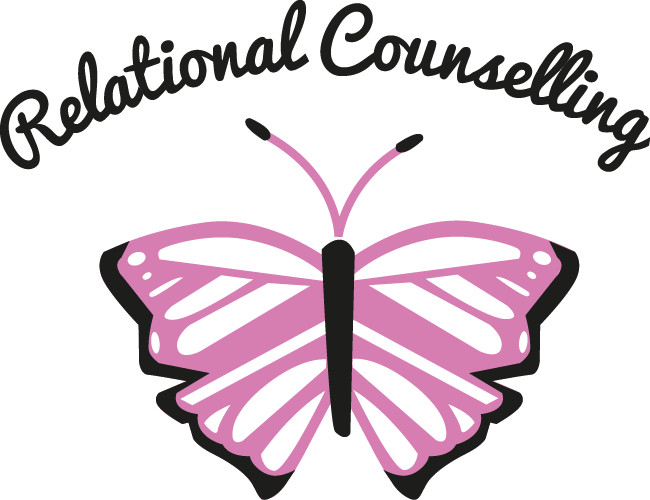Understanding The Stages Of Change
Change is a complex process, often involving movement between different states or changes, before a new, healthier behaviour becomes a stable part of one's life. Whether addressing a negative behaviour, or other harmful habits, understanding these stages can help individuals and those supporting them navigate the path to lasting change.
Precontemplation
If you are in the precontemplation stage, you may not yet acknowledge that your behaviour is problematic. You might be in denial about the negative impacts of your actions, and aren't seriously considering change. Previous failed attempts to change might contribute to your reluctance, making you feel that change is futile.
Contemplation
If you are in the contemplation stage, you may begin to recognise the potential benefits of change, but remain ambivalent. You weigh the pros and cons, seeing both reasons to change and reasons to maintain your current behaviour. This internal conflict often leads to prolonged inaction despite an awareness of the need for change.
Preparation
In the preparation stage, the decision to change has been made. You may start planning the steps needed to achieve your goal. You might make minor adjustments, such as cutting down on the problematic behaviour, but haven't fully committed to stopping. This stage is crucial for setting a solid foundation for more significant changes.
Action
The action stage is marked by substantial efforts to eliminate the problem behaviour. You actively implement your plans, which might include avoiding triggers, seeking support, and using coping strategies to resist temptation. This phase is characterised by clear and decisive steps toward a healthier lifestyle.
Maintenance
Once significant changes have been made, the maintenance stage focuses on sustaining these new behaviours. You continue to face challenges but have developed the resilience and strategies needed to overcome them. Successful maintenance means the new behaviour has been consistently upheld for a significant period, reducing the risk of relapse.
Relapse
Relapse can occur at any point in the change process and involves returning to the old, problematic behaviour. It's a common part of the journey and doesn't mean failure. Relapse provides an opportunity to reassess and strengthen one's commitment to change. Not everyone will experience relapse, but understanding its possibility helps in preparing better prevention strategies.
By recognising and understanding these stages, individuals and their supporters can create more effective plans for lasting change, providing the right support at each step along the way.
How We Can Help
Therapy at Relational Counselling can be an invaluable tool throughout navigating the different stages of change and is applicable whatever stage you are at. We can provide a safe and supportive environment where individuals explore their motivations and assist in creating realistic and effective action plans. Therapy can offer strategies to handle triggers, cope with challenges, and build resilience. It can also explore what change means to you, what stage you’re at, as well as challenge this. Helping you understand the underlying causes of relapses and reframe the setbacks as a learning experience, reinforcing commitment to change. Through each stage, therapy offers guidance, support, and practical tools, enhancing the likelihood of lasting, positive change.
-Content by Melissa and Elizabeth, Edited by Patrick
If you need to talk to a psychotherapist Contact Relational Counselling


